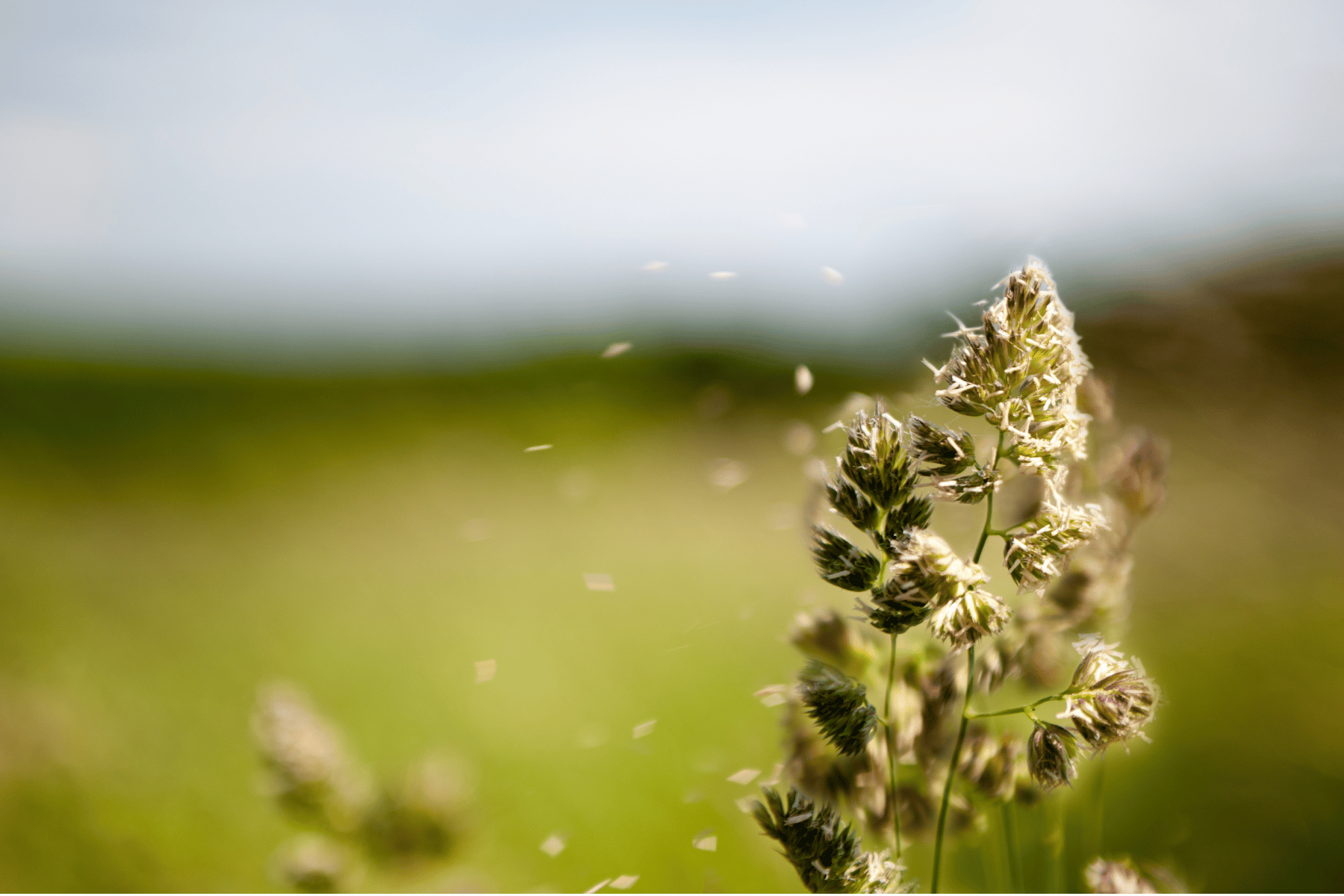
Fall allergies differ significantly from their springtime counterparts. The primary culprits during autumn months include ragweed pollen, mold spores and dust mites that become more active as we transition to cooler weather.
Roughly 15% of Americans have ragweed allergies, according to the EPA. Ragweed is particularly problematic because a single ragweed plant is capable of producing more than a billion grains of pollen, and wind can carry ragweed pollen hundreds of miles. So even if you don't have ragweed in the area where you live, it may still be in the air.
As you age, your immune system undergoes changes that can make allergies more complex to manage. Immune system efficiency naturally declines with age, transforming how seniors experience and react to allergens. Some seniors find relief as their immune responses decrease, while others develop unexpected new allergies or face intensified symptoms.
Additionally, recent studies show 43% of seniors experience adverse reactions to conventional allergy treatments, making it important to choose age-appropriate medications and management strategies.
Fall allergy symptoms can often be mistaken for a common cold, but there are key differences to watch for. Common fall allergy symptoms include:
Typically, a fever, muscle aches and a sore throat are signs you have a cold or the flu, while allergy symptoms are more closely aligned with itchy, watery eyes, sneezing and a runny nose.
Another cause of fall allergies is mold. Mold increases as leaves begin to fall from trees and dampen. The rise in mold can trigger allergies for some people. For seniors, mold exposure can be particularly concerning, as mold spores can trigger allergic reactions, worsen existing respiratory conditions and potentially lead to serious health complications.
Mold thrives in the damp conditions that fall weather creates. Unlike pollen, molds don't die with the first frost. Most outdoor molds become inactive during the winter. In the spring, they grow on plants killed by the cold.
When it comes to treating fall allergies, medication selection requires special consideration for seniors. Preferred allergy medications for older adults are steroid nasal sprays, such as Flonase (fluticasone propionate), and antihistamine nasal sprays, such as Astepro (azelastine). Non-drowsy oral antihistamines, such as Claritin (loratadine), are also safe options.
However, there are important medications to avoid. Older adults should avoid antihistamines that cause drowsiness, such as Benadryl (diphenhydramine), and oral decongestants such as Sudafed (pseudoephedrine) that can raise blood pressure. These come with a risk of serious side effects, such as a higher risk of falls or increased heart rate.
Most allergy medications aren't designed to be taken by people 65 years of age or older. Antihistamines can be problematic for people who suffer from high blood pressure, and over-the-counter allergy treatments can cause severe side effects when combined with some medications used to treat chronic illnesses most associated with seniors.
Maintaining clean indoor air is crucial for managing fall allergies:
Because mold is a major fall allergen, prevention is key:
Simple daily practices can significantly reduce your exposure:
While many fall allergies can be managed at home, there are times when professional medical intervention is necessary. Consult your health care provider if:
Visiting an allergy clinic can be a crucial step for seniors experiencing allergy symptoms. Allergy clinics specialize in diagnosing and treating allergic conditions, offering a level of care that goes beyond general practice.
Remember that as you get older, you can develop new allergies or changes in allergies you've had for a long time. Always consult your health care provider before starting any new allergy medications, and don't hesitate to seek professional help when needed. By taking proactive steps to manage your fall allergies, you can focus on enjoying the beautiful season ahead while breathing easy and feeling your best.

*Please don't remove this section it is working with 3 TalkFurther buttons on live url
11555 W. Peoria Ave
Youngtown, AZ 85363
Sales & Marketing: (866) 695-0932
Reception Desk: (623) 933-3333



